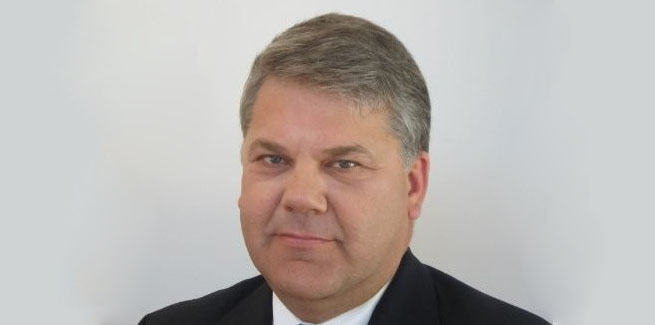Speaking at Finsure’s 2022 Commercial & Diversified Finance Summit in Sydney earlier this week, economist and managing director of Market Economics Stephen Koukoulas, suggested that the Reserve Bank of Australia (RBA) was too slow off the mark when it came to rising the official cash rate.
While the central bank raised rates for the first time in over 11 years in May of this year (hiking rates from a record low 0.10 per cent to 0.35 per cent), the economist suggested that there was ample evidence to suggest that inflation was rapidly rising while wages were low, which should have seen them act sooner.
He told delegates: “We’ve got this overwhelming evidence coming through that inflation is high, the labor markets tight and selling prices are going up…
“I think they’ve made a mistake. They’ve been too slow to hike interest rates. Is a very low interest rate – currently 0.35 (after the rate hike a few weeks ago) – still appropriate? And the obvious answer is: no.
“The RBA has had a target for an inflation rate of between 2–3 per cent. It’s [the RBA] generally done a pretty good job over the last 25-30 years. But now it’s behind the curve, as they say. That inflation rate jumped and caught them by surprise. And they’re going to have to do a lot more to rein it back, in terms of interest rate settings.”
The former economic adviser to the prime minister added that high inflationary pressures “don’t reverse quickly”, and therefore he was “not confident at all” that the RBA would be able to pull inflation back to its target 2-3 per cent level anytime soon.
“It needs much higher interest rates domestically to dampen the economy,” he said.
Mr Koukoulas highlighted that the world economy (or at least, that of developed countries) was generally facing high inflation and supply chain issues, and that he expected inflation to remain high for the foreseeable future.
“I don’t see this high inflation lasting only for six or 12 months, I get the feeling that’s going to be more embedded. And every month when I see the commodity price numbers, I see what’s happening to inflation globally, I see what’s happening to labor markets globally and wage pressures around the world, not just Australia, I see inflation becoming embedded,” Mr Koukoulas said.
Noting that other nations such as the UK, US, and New Zealand had all been experiencing high inflation and were hitching rates, the economist added that this also shows that “inflation could well be higher, for longer”.
“And so, in a year, if inflation hasn’t come back to 3.5 per cent or even 3 [per cent], it means that expectations for rate hikes will be too low,” Mr Koukoulas said.
“We may have to see even more rate hikes to get inflation back under control.”
Looking at what the future cash rate is looking likely to be, Mr Koukoulas noted that the “best barometer you can have to where interest rates will be in a couple of years” was in the rate of government bonds, adding that 10-year government bonds were currently sitting at 3.25 per cent.
He concluded that the new Treasurer Jim Chalmers may also need to pull a number of levers in his October budget – including potentially raised taxes and budget cuts – to “take some money out of the economy, partly to repair the budget, but also to take some of the pressure off of interest rates”.
[Related:Inflation hits highest level in 22 years]
 ;
;
Comments (0)